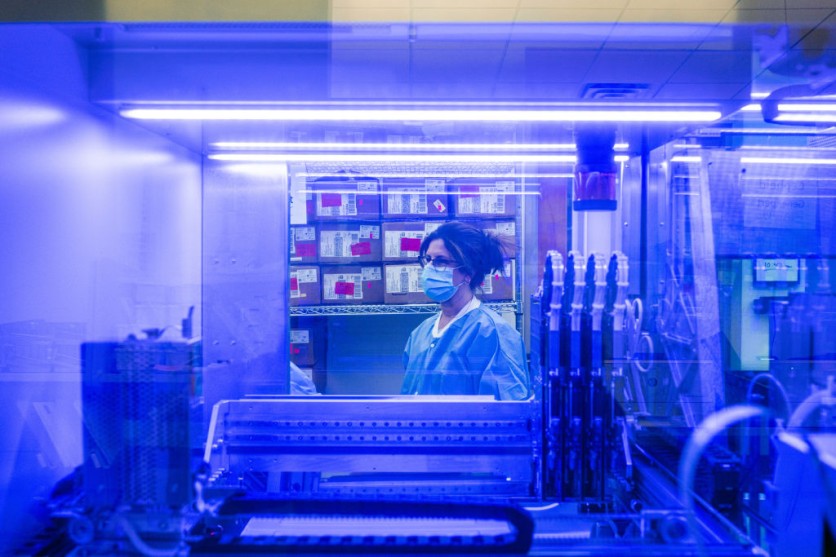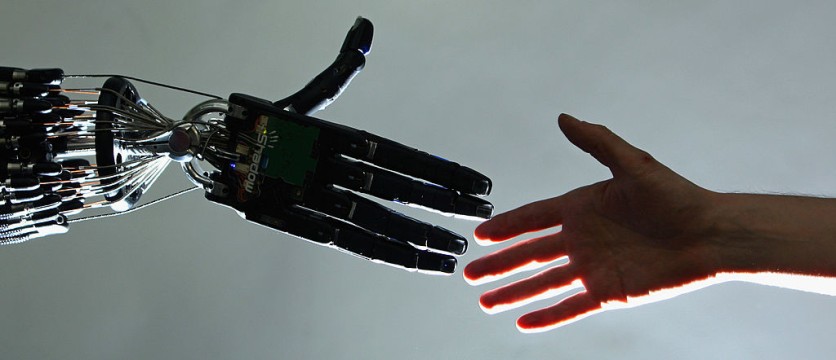AI and robots increased the speed of a material research laboratory by 100 times!

With the help of artificial intelligence and robotics, the A-Lab at Berkeley was able to become an autonomous laboratory. "Our vision is using AI to discover the materials of the future," said A-Lab leader Yan Zeng.
A-Lab is the latest effort of the Department of Energy's Lawrence Berkeley National Laboratory (Berkeley Lab).
If you are curious about this new autonomous material research lab, here are the latest details you need to know.
AI, Robots Increase Material Research Lab's Speed by 100x!
According to Interesting Engineering's latest report, A-Lab is a 600 square feet laboratory. It has eight furnaces and three robotics arms.

Berkeley Lab introduced its concept back in 2020. The government-funded research center was able to construct A-Lab in 2022, thanks to funding from the Department of Energy.
Thanks to the efforts made by Berkley Lab's researchers, the autonomous material research facility was completed in less than a year.
On the official Berkeley Lab's News Center website, the researcher organization said that their machines are responsible for operating the instruments.
Meanwhile, artificial intelligence is the one making the decisions to detect useful new materials.
A-Lab Faster Than Humans
Berkeley Lab claims that the new A-Lab is 50 to 100 times faster than humans when it comes to processing sample materials.
With the help of AI, the autonomous research facility can easily pursue promising findings.
"Some people might compare our setup with manufacturing, where automation has been used for a long time," explained Zheng.
The new A-Lab is specifically designed as a "closed-loop" laboratory. This means that it no longer needs human interference when making decisions.
With this, Berkeley Lab's researchers can have more time for other critical tasks. You can click here to learn more about the A-Lab.
Here are other stories we recently wrote about Ai and robotics:
Google's AI tool was used to help save coral reefs.
We also reported about the new New York robocops, which are expected to assist NYPD when it comes to patrolling the streets.
For more news updates about AIs and other similar technologies, always keep your tabs open here at TechTimes.

![Apple Watch Series 10 [GPS 42mm]](https://d.techtimes.com/en/full/453899/apple-watch-series-10-gps-42mm.jpg?w=184&h=103&f=9fb3c2ea2db928c663d1d2eadbcb3e52)



